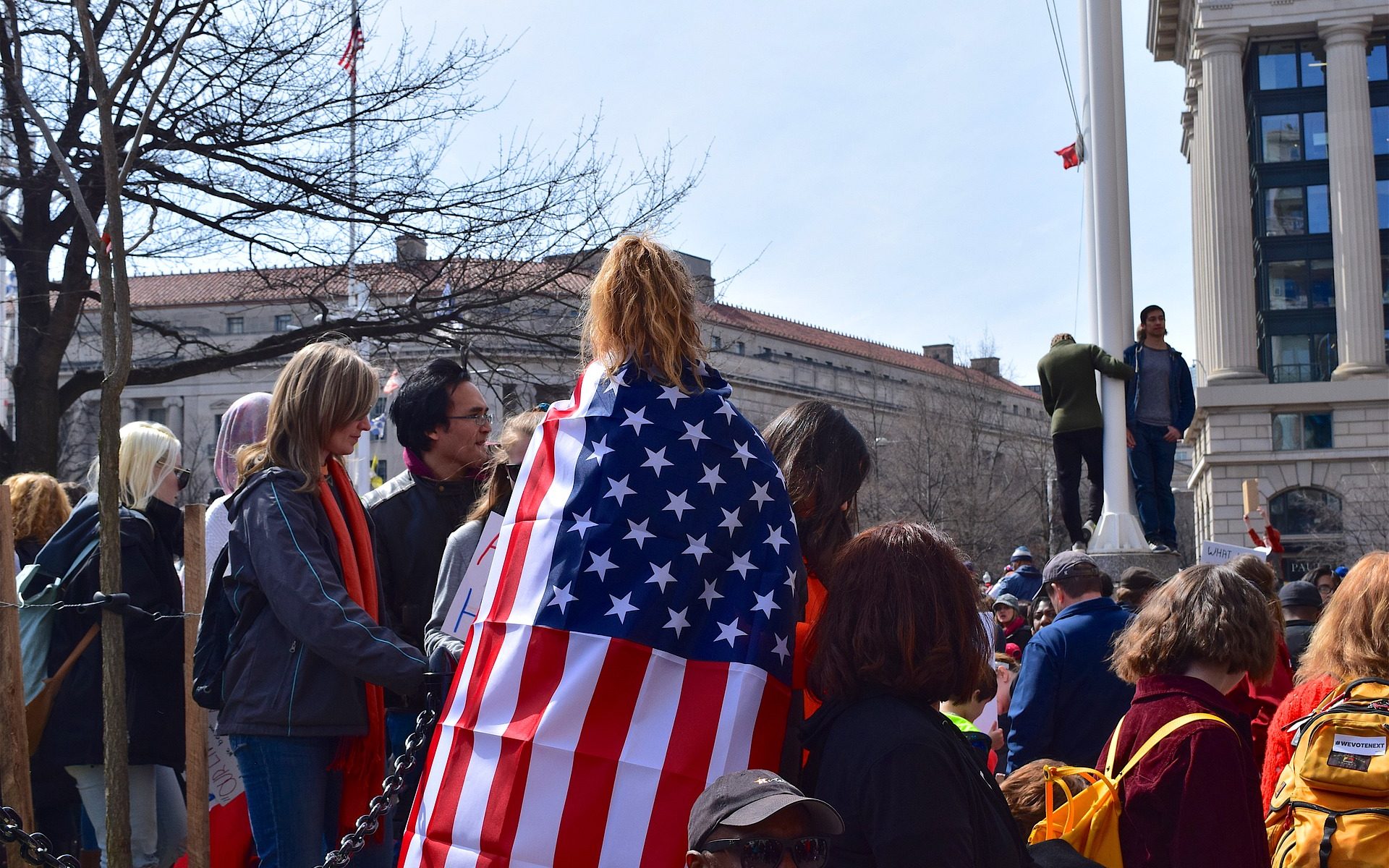The question came up in an online group: What would it take to get you to support a third party? A number of responses came back. Some said that they’d been too disappointed in others like the Libertarian party (described as Democrats Lite) and thus had gone back to changing the existing Republican party. Others that third parties never ran viable candidates or ended up appearing too crazy. Several said that a third party should abide by the US Constitution and not compromise on that. In addition, a clear set of values needed to be articulated and adhered to. My response was that to truly be viable, a third party would need to not only criticize current policies from major parties, but offer viable, workable alternatives to those policies. It was also noted that to gain support, a third party would need to identify actual problems as opposed to proposing solutions to problems that don’t exist.
I have been involved in a few such discussions over the last week or so. The question of the impact of Duverger’s Law regarding third parties has come up a lot as well. Briefly, Duverger’s Law states that in a first-past-the-post, single-member district electoral system, two parties will emerge. This is because if only one person can win a seat, a majority of votes is not necessary to win (a plurality or just more votes than the other guys). Therefore, according to Duverger, in the next election voters will tend to move toward the two parties whose candidates came in first and second, supporting whichever is closer to their views. Thus, over time, voters will support one of two proven parties.
When you follow that behavior to its logical end, it makes sense then, that in their efforts to gain supporters/voters the two parties will expand their views on big issues to the point that they are indistinguishable. I’d argue that this has been the case in the US for quite some time now. People often speak of Democrats and Republicans as Tweedledum and Tweedledee. Of course there are other parties in the US (Green, Libertarian, Communist, Social Workers, Socialist, Reform, Peace and Freedom, Independent), but none of them have been viable above the local level for any amount of time. I don’t count Sanders as a successful third-party candidate because he’s run as an independent and not as a candidate from a specific party. And, he changed his party affiliation to run as a Democrat in 2016 and 2020.
We’ve seen third parties rise and fall before. The Republicans are the last third party to become a major party (when Lincoln was elected). In my lifetime, Ross Perot created the Reform Party and ran for president as its candidate in 1992. He managed to secure 19% of the popular vote, but no Electoral College votes. Bill Clinton won that election with 42% of the vote…a plurality, but not a majority. But, the next time out, Duverger’s Law held, and the Reform party was not a viable party in the election (also went through some internal strife and a split that obviously didn’t help).
The Tea Party made some waves briefly in the early 2000s, but never actually fielded any candidates (at least that got on tickets). And because the Tea Party was made up of disgruntled Republican voters, the national Republican party quickly moved to absorb as many of the policy ideas (at least in rhetoric) that they could and sow dissent within and about the Tea Party.
With the shenanigans of the 2020 presidential election the talk of creating third parties at the state and federal levels has become a hot topic again, primarily on the right. Conservatives argue (correctly I think) that they were sold out by establishment Republicans and are being taken for granted. On the left, I’ve seen talk of betrayal by Washington, DC Democrats (taking minority voters for granted) and the far left does appear to be taking matters into their own hands (rioting in DC this past week by BLM/Antifa). That will make things interesting for Pelosi, Schumer, and company.
So, how can a third party become a viable force at the state or local level, never mine the federal level? New York state has two smaller parties, Working Families and Conservative, which do exist, but tend to share candidates with the Democrats (Working Families) and Republican (Conservative). So do those truly count as third parties? I’m not so sure.
I’d argue that to become viable a third party would have to be a truly grassroots effort, but with national support. Much like the Tea Party, but I think it would have to be stronger than the Tea Party turned out to be. And, as mentioned at the beginning of this post, it would have to identify actual problems and propose actual, workable solutions to those problems. Simply protesting against the current parties won’t be enough. They would have to show that not only do they agree that the current policies and parties are not representative of voters, but they would have to offer viable alternatives.
Any potential third party would quickly gain support if they refused to be backed into a corner by either the major parties or the press (i.e. don’t accept the “when did you stop beating your wife?” questions as legitimate questions). The party and its candidates would have to be nimble and flexible in the current atmosphere of cancelling and deplatforming. In sports terminology, they must have a deep bench.
Third party candidates would have to be clear, unflappable, and have a closet clear of skeletons. They have to have a clear set of values that they adhere to. They would have to be consistent, and if they change their minds on any issue, they have to be able to explain what exactly persuaded them. Third party candidates must be willing and able to do the hard work of campaigning (sometimes literally) door-to-door. Finally, they would have to be able to raise a lot of money and spend it wisely.
That’s my list…easy-peasy, right?
So, what do you think are the hurdles and requirements for a third party to be successful (defined as getting a candidate elected at a minimum)?
Image by Robert Jones from Pixabay


IIRC The Republican Party became a major Party mainly because the Whigs were almost dead (and the Whigs died after Lincoln’s election).
So IMO it is not just what the Third Party does but the “condition” of one of the Major Parties.
True. The question is, I think, how do we know if one party is in bad condition? It was clear with the Whigs because slavery was such a strong issue and they were unwilling to take it on that it was clear they were not going to be a viable party for much longer. Can we say that it’s clear the Republican party is on the way out because of their failure to support Trump when it was clear the majority of Republican voters *did* support him?
If their actual proportion of a presidential vote, with the media all in their corner, is 10%, they are probably vulnerable.
Remember, Lincoln only got 40% of votes in 1860, so the Republican dominance of national politics for the next couple decades had a little to do with the ACW, which was a Democrat own goal.
In absence of the vote fraud issue, the covid lockdown would be an own goal. It gives a local policy issue, which people can run in local elections on, and build a third party up slowly.
Problem is, with vote fraud and abuse of state power for reprisal, the situation is much too risky for that strategy.
I’m tempted to prognosticate further, but I think my official position is that we are in the middle of events we cannot foresee in advance.
I have often wondered how to make a third party more viable. I have voted for as many third-party candidates as I have either major party. It’s challenging for certain. People are more locked than ever into their silos. It has to be more than just…”we have identified these issues and this is what we plan to do about the” in order to capture their minds. Although, there seem to be so many Bernie acolytes. And I am aware of your distinction as to his being “independent” in order to be elected in New Hampshire and running as a Dim candidate. Those that seem to happily vote for him almost outwardly acknowledge that he not a Dim but marches to the beat of his own drummer.